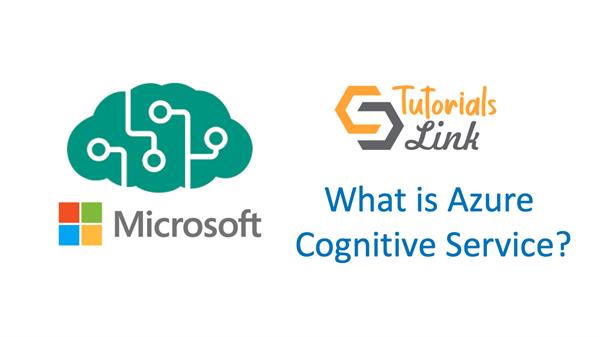What is Azure Cognitive Service?
- Pre-requisite Knowledge –
Before we start with the understanding of what is Azure Cognitive Services, we should know –
-
- Basic knowledge of cloud computing and its services
- Basic knowledge of Microsoft Azure
- Basic knowledge of software development, Artificial Intelligence
- Introduction of Azure Cognitive Services –
Azure service is service consisting of the built-in APIs and SDK by Microsoft which are available for the IT development team to use it in the applications. Since these API’s are readily available by Microsoft hence developer can build intelligent applications without having SI, data science skills. These API’s are consisting of the machine learning algorithms to return the result to the application. The developer has to just consume these API’s by REST calls over the internet and start to use it.
The popular cases to use these services are – if we need to capture the emotions of people from an image, translate the text to image or see the image from text, convert the speech into text or text to speech, understand the natural language and process the request, etc.
These services are mainly grouped into five categories –
- Decision – Build apps that surface recommendations for informed and efficient decision-making.
- Vision - It analyses the image and videos.
- Speech -These services help in improving speech recognition and speech/text convertors.
- Search – It is to apply machine learning to a web search
- Language – Understand the language (LUIS), text analytics, translator, verify the intent from the language words.
Now, we will see the services one by one with the above categories in short –
- Decision APIs
- Anomaly Protector – Monitors and detects the anomalies in a series of data.
- Content Moderator - Monitors possible offensive, undesirable, and risky content.
- Personalizer - Choose the best experience to show to your users, learning from their real-time behavior.
- Vision APIs
- Computer Vision – It has advanced algorithms for processing images and returns information.
- Custom Vision Service – Allows us to create the custom image classifiers.
- Face API – It has advanced face algorithms, enabling face attribute detection and recognition.
- Form Recognizer – Form Recognizer identifies and extracts key-value pairs and table data from form documents; then outputs structured data including the relationships in the original file.
- Ink Recognizer – recognize and analyze digital ink stroke data, shapes and handwritten content, and output a document structure with all recognized entities.
- Video Indexer – Enables you to extract insights from your video.
- Speech APIs
- Speech Services – It helps to enable the speech features to the applications.
- Speaker Recognition API – provides algorithms for speaker identification and verification.
- Translator Speech – It is a machine translation service.
- Search APIs
It is integrated with the Bing search. It consists of APIs like Bing news search, video search, web search, autosuggest, custom search, entity search, image search, visual search, local business search, spell check service. These services provide the results based on the user’s query.
- Language APIs
- Language Understanding (LUIS) – It is one of the famous API and generally used in chatbot applications. It allows your application to understand what a person wants in their own words.
- QnA maker – it allows us to build the application based on the question answers like the FAQ.
- Text Analytics – It is natural language processing to extract the sentiment analysis, key phrase and language detection.
- Translator Text - Provides for machine-based text translation in near real-time.
- Video Indexer – Using this service, we can extract the insights from video.
- Cognitive Support Languages
- Next – Free Trials
- References –
- https://docs.microsoft.com/en-us/azure/cognitive-services/welcome
- https://azure.microsoft.com/en-in/services/cognitive-services/
- https://azure.microsoft.com/en-in/services/cognitive-services/directory/
- https://azure.microsoft.com/en-us/try/cognitive-services/my-apis/
- https://azure.microsoft.com/en-us/services/cognitive-services/computer-vision/#celebrities-landmarks
Conclusion - In this article, we have learned the overview of Azure Cognitive Services.





